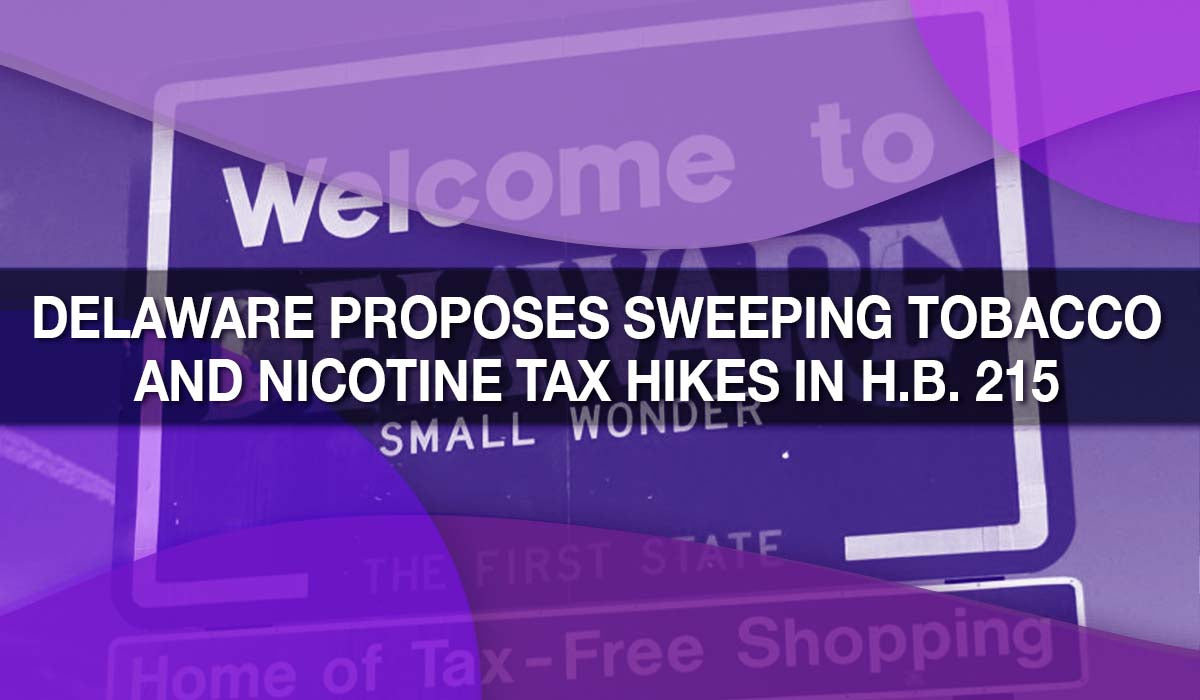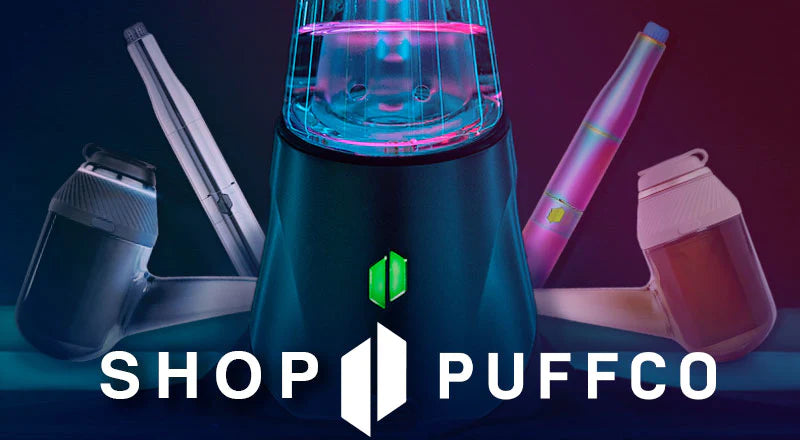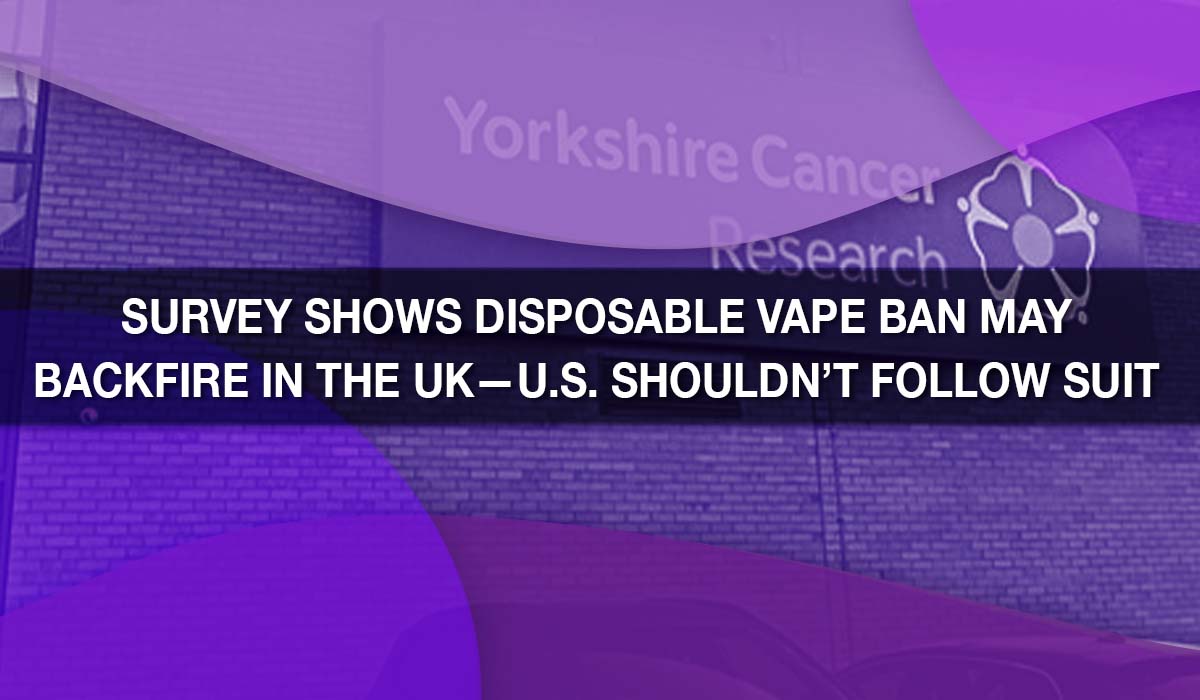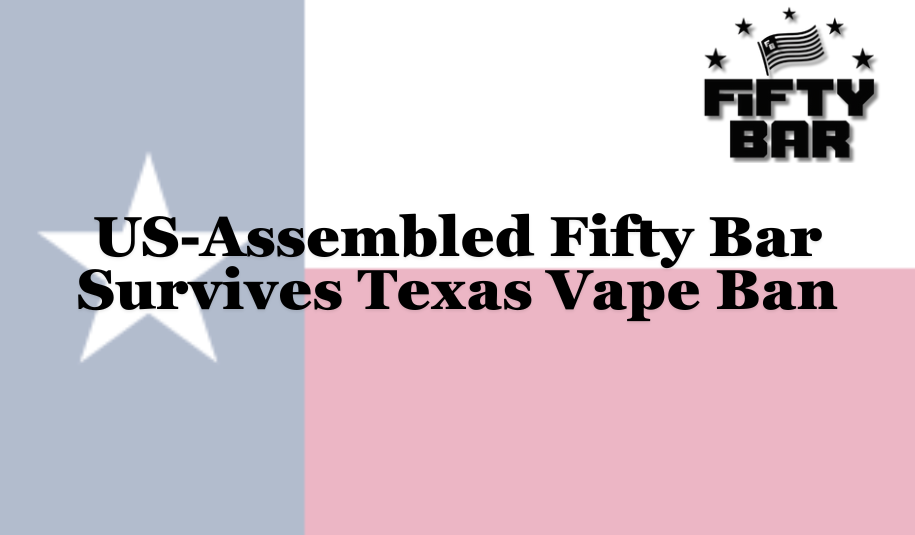
Delaware Proposes Sweeping Tobacco and Nicotine Tax Hikes in H.B. 215
Delaware is the latest state to take aim at tobacco and nicotine product taxation with House Bill 215, a sweeping proposal that increases excise taxes across the board, redefines what qualifies as a “tobacco product,” and adds new financial pressures for retailers of vapor, pouch, and traditional tobacco products.
Filed June 6 by House Speaker Melissa Minor-Brown and backed by six additional House and Senate leaders, the bill is currently under review in the Administration Committee and is being positioned as both a public health measure and a revenue generator.
🔍 H.B. 215 Breakdown
Cigarette Taxes: Jump from $2.10 to $3.60 per pack—a 71% increase, putting Delaware in line with higher-tax states like Maryland and New York.
Other Tobacco Products: Cigar and pipe tobacco taxes would rise from 30% to 45% of wholesale, and moist snuff would increase from $0.92 to $1.23 per ounce.
Vapor Product Tax: Liquid nicotine products would see a fivefold increase, from $0.05 to $0.25 per mL, significantly impacting pricing on bottled e-liquids and pre filled pods.
Nicotine Pouches: The bill redefines “tobacco products” to include all nicotine-containing products, even those that don’t include tobacco leaf—explicitly bringing nicotine pouches under the excise tax umbrella.
License Fee Increases: Retailers and wholesalers would see their licensing costs double:
Retail: from $50 to $100
Wholesale: from $200 to $400
Vending: from $15 to $30
Replacement licenses: from $10 to $20
⏰ Key Dates to Know
September 1, 2025 – Tax increases on all products go into effect.
December 31, 2025 – Deadline for floor tax payments on existing inventory.
January 1, 2026 – New license fee structure goes live.
🧪 Evidence: High E-Cigarette Taxes May Increase Smoking
Researchers from Yale University and the University of Southern California published a peer-reviewed study in Addiction showing that raising taxes on e-cigarettes leads to increased cigarette smoking among young adults. The study found a direct correlation between higher vaping taxes and a rise in traditional cigarette use in that same population.
“Higher taxes on electronic nicotine delivery systems (ENDS) may increase the use of combustible tobacco products among young adults,” said the researchers in the study, which analyzed tax policy impacts across multiple states.
— Full study in Addiction
— Yale University summary
This evidence challenges the fundamental logic behind Delaware’s tax strategy. Rather than decreasing nicotine consumption, it may inadvertently steer young adults back towards one of the most harmful consumer products ever created: cigarettes.
⚠️ What This Means for the Industry
For retailers, especially convenience stores and specialty vape shops, these tax hikes represent more than just an adjustment—they represent a fundamental cost shift that could deter adult consumers, squeeze margins, and drive cross-border purchasing.
The redefinition of “tobacco products” to include nicotine pouches is particularly significant. While often marketed as reduced-risk alternatives and favored by adult users trying to quit smoking, pouches will now be subject to the same excise burdens as traditional products. This move mirrors a growing trend among states to regulate all nicotine-delivery products under a single framework, regardless of their format or origin.
🛑 A Word of Caution for Other States
Delaware’s aggressive tax policy may be well-intentioned, but it comes with potential unintended consequences. Raising taxes without providing legal, appealing alternatives to adult smokers often pushes consumers back to combustible cigarettes, increases illicit market activity, and penalizes retailers already working to stay compliant.
As other states consider similar measures, it’s critical to ensure taxation policy doesn’t backfire—by pushing people away from smoke-free alternatives or by making regulated businesses unsustainable in favor of untaxed or underground sources.









Leave a comment
This site is protected by hCaptcha and the hCaptcha Privacy Policy and Terms of Service apply.